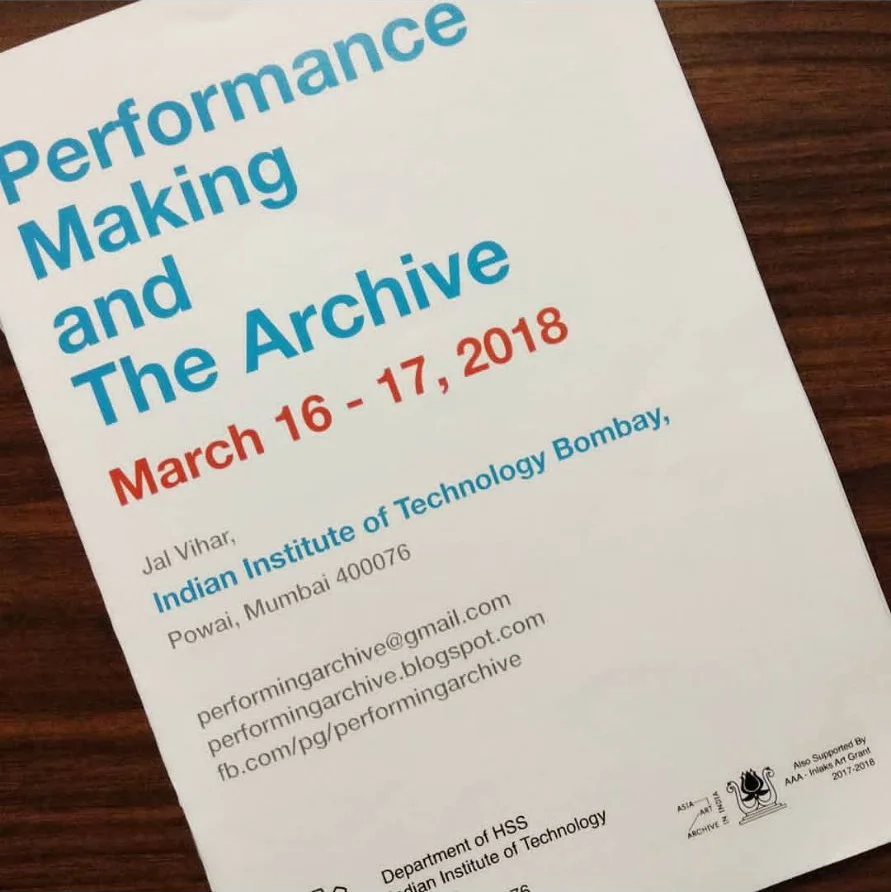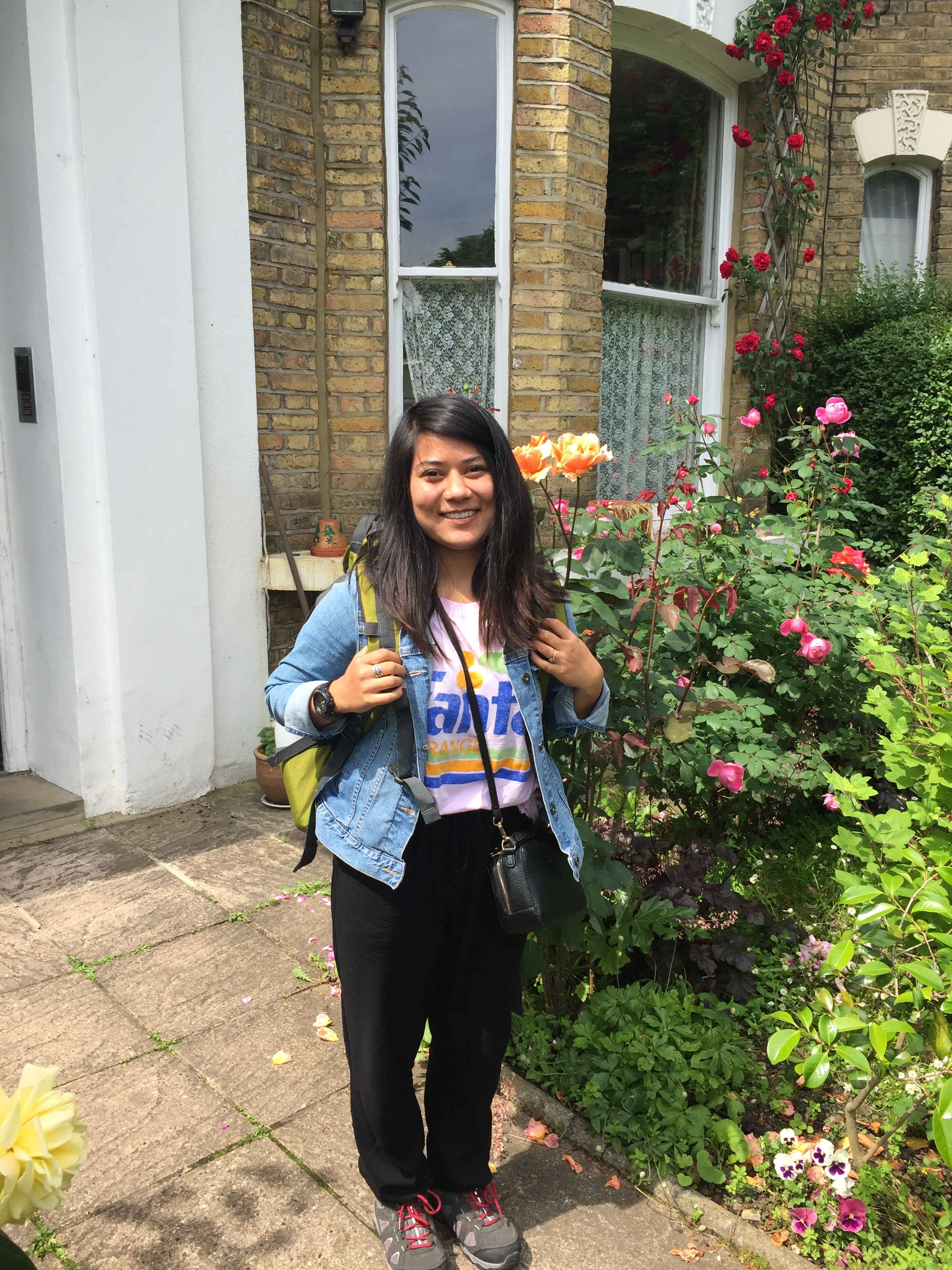Grantee Update: Rajendran Baikady
Rajendran Baikady is a 2015 Inlaks Research and Travel Grant (IRTG) Recipient. Under the supervision of Professor Frank Wang T. Y, Director Graduate Institute of Social Work, National Chengchi University he will be conducting research to better understand social work practices in India, China and Taiwan.
I received the Inlaks Research Travel Grant in 2015 to conduct reseach in the Peoples Republic of China. It was part of a doctoral study that I conducted at the Shandong University, China for six months as a visiting scholar. The research followed a qualitative exploratory study along with in-depth interviews conducted with social work students, educators and civil society practioners. The study was undertaken from March to September 2016. The findings of my study will prove to be helpful for both Indian and Chinese social work academics as well as practicioners.
It is interesting to note that social work in China falls under the ambit of the Chinese Communist Party (CCP) and is not an independent pursuit, neither academically nor in practicality. Professional training of social work graduates is also controlled by the Communist Party of China and the core curriculum is provided by the Ministry of Education, which is also a part of CCP. Social work in India is about social justice, equality, advocacy and social action and is not government controlled. The origin of social work in India was a response to the acute poverty and social issues affecting the poor in society.
My time in China also leads me to consider social work practices in Taiwan. Despite having been a Japanese colony for over 50 years, Taiwan has built itself in to a highly developed country. Social work training in India began in the year 1936 whereas, in Taiwan social work has a history of almost 50 years. The development of social work in Taiwan has been influenced by national and international contexts. Although Taiwan has made considerable progress in the field, social work is not well recognized by the general population. There are a number of scholars who would agree that social work has not had a significant influence on society in Taiwan and has yet to attain social legitimization.
Unlike India and China, social work in Taiwan faces many challenges, such as difficulties in establishing partnerships between academic scholars and practitioners in the field; promoting collaboration for social needs projects; educating the public about social work. Interestingly Taiwan has a licensing system for social workers. China too has a national examination for qualifying the social workers for practice, however in India social work is not a registered practice and does not require practitioners to be certified.
The problems faced by social workers in India, China and Taiwan are similar in many contexts. My current research at the National Chengchi University Taiwan aims at documenting The Best Practices of Social Work Education in Taiwan: A Comparison with India and Some Lessons for Peoples Republic of China. The study primarily focuses on understanding social work education in a newly formed democratic state. This study is funded by the Ministry of Education Short Term Research Award 2018. I am conducting a qualitative enquiry to understand the development of social work education in Taiwan, the impact of post modernism on Taiwan’s social work and a student’s perception towards teaching social advocacy, social activism and social action in social work lessons. My study site includes five schools of social work across the three metropolitan cites in Taiwan.
My present study in Taiwan is interesting. India is a democratic republic where people have freedom of speech and basic human rights. On the other hand China is a communist regime, where every aspect of peoples’ life is structurally controlled by the Chinese Communist Party. Being a newly formed democracy, studies show that teaching social justice and social action is completely absent or has not yet been initiated and the concerns of human rights and social equality are almost non existent in Taiwanese social work.
Image: Ranjendran with his supervisor, Professor Frank Wang






